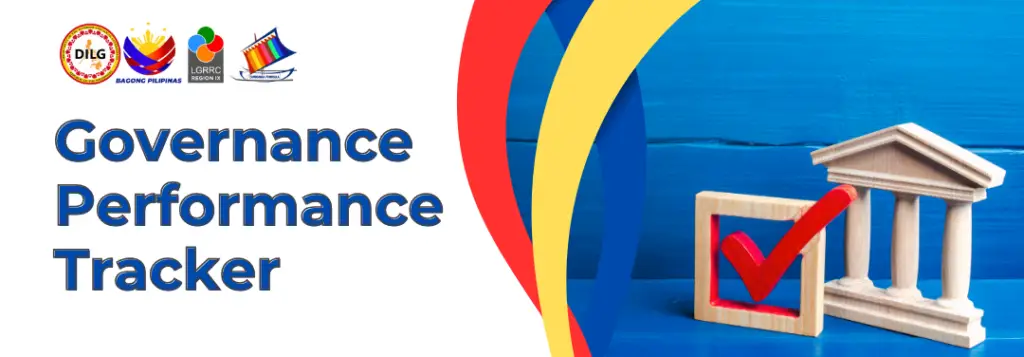
The Department of the Interior and Local Government (DILG) Zamboanga Peninsula Region hosted the Regional Dialogues on Open Government Partnership and Participatory Government attended by the delegates from Region IX, X and ARMM last February 19-22, 2018 at Garden Orchid Hotel, Zamboanga City.
Regional and Provincial Directors, representatives from the different Civil Service Organizations, Academe, Local Government Units (LGUs), Business Community, Department of Budget Management (DBM), and National Anti-Poverty Commission (NAPC) have graced the event to discuss various issues on Open Government Partnership and Participatory Government.
Present in the Regional Dialogue were DILG Undersecretary for Local Government Austere Panadero, DILG Assistant Secretary Roque Calacat, National Anti-Poverty Commissioner Liza Maza, Mayor Ma. Isabelle Climaco-Salazar of Zamboanga City, and other prominent personalities from different government agencies and non-government organizations. The dialogue brought about issues on local government project implementations, freedom of information program, the hotline 8888 initiative and Tax Reform for Acceleration and Inclusion (TRAIN) Act, which participants have various questions and concerns raised.
The Open Government Partnership (OPG) is a unique international initiative aimed at securing concrete commitments from governments to promote transparency, increase civic participation, fight corruption, and harness new technologies that strengthen governance. One of the commitments of the national government which was included in the 4th National Action Plan (NAP) is the Assistance to Disadvantaged Municipalities of the DILG.
Moreover, the Executive Order No. 24 reorganized the Cabinet into six clusters that adhere to the key priorities of President Rodrigo Duterte’s administration. One of the clusters is the Participatory Governance Cluster (PGC), which was tasked to pursue the following: public awareness of national government programs; strengthen consultation mechanism; and propose policies, programs, and projects that would foster participatory governance.





